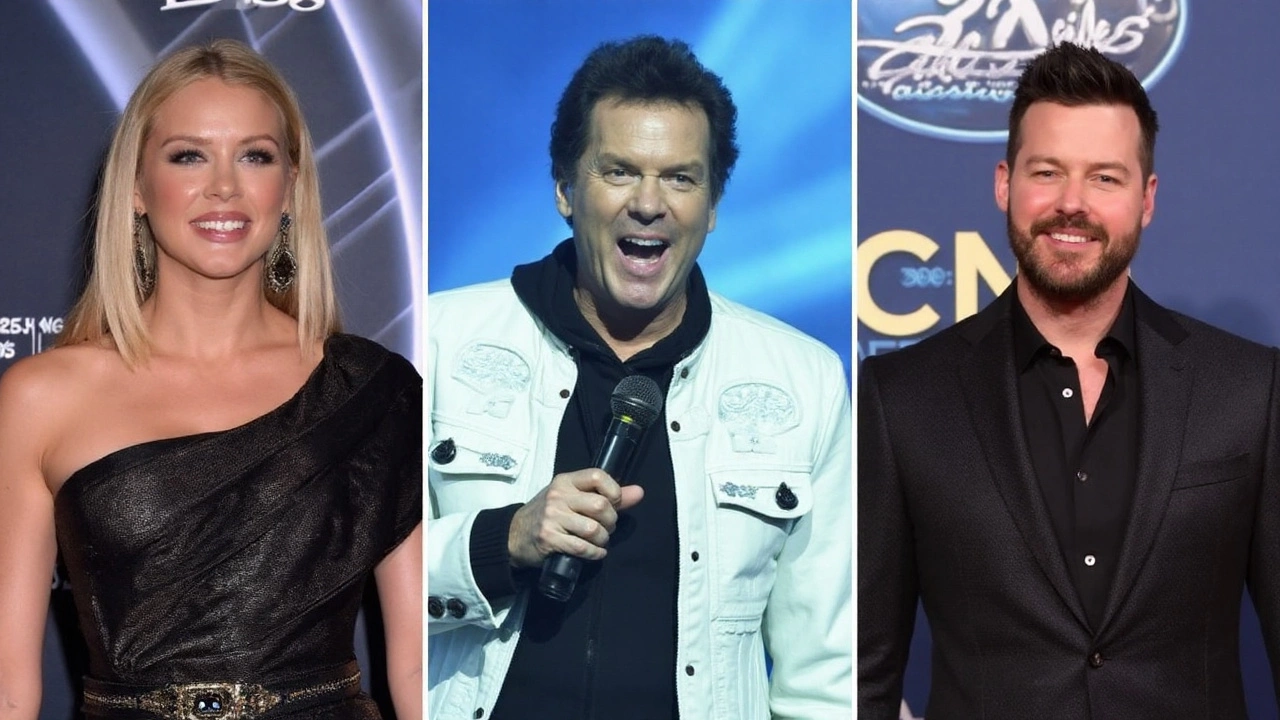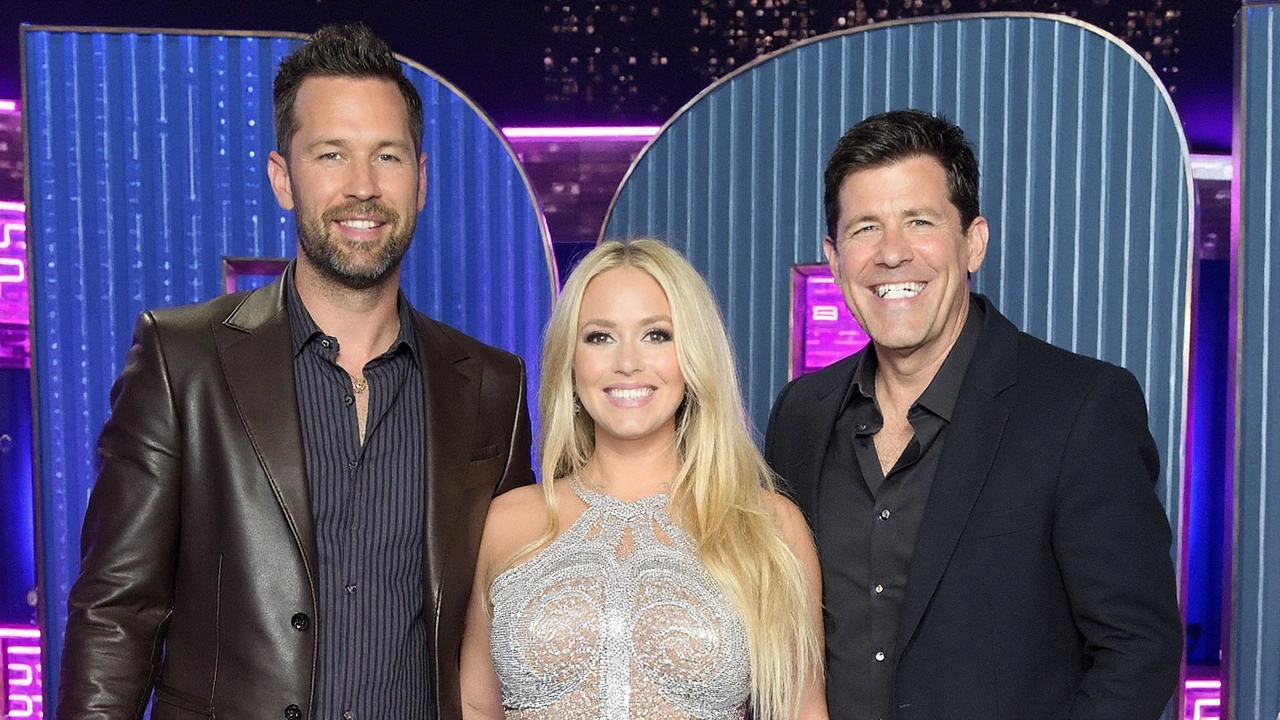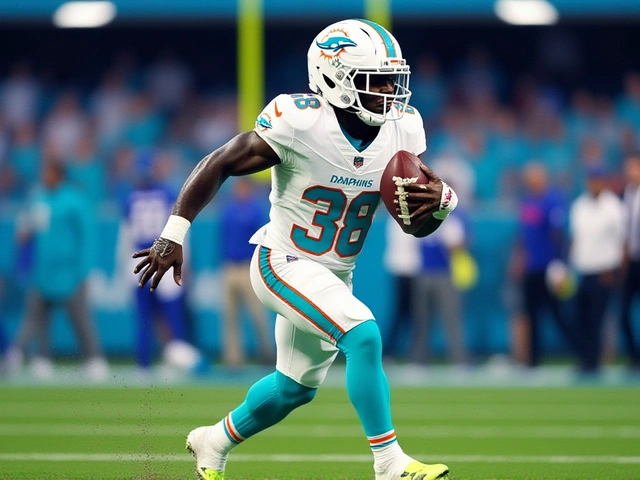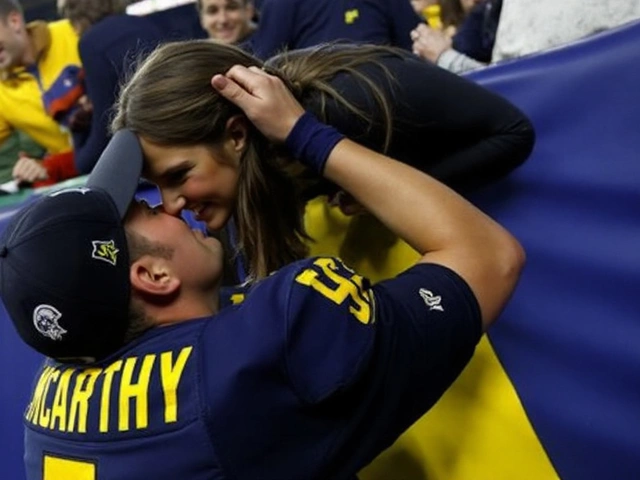The 2026 judges’ panel is locked — and it’s a crowd-pleaser
Three familiar faces will be behind the desk when American Idol returns in spring 2026. ABC confirmed that Luke Bryan, Carrie Underwood, and Lionel Richie have re-signed for the show’s 24th season, keeping intact a panel that clicked with viewers last year and steadied a franchise now entering its ninth season on ABC.
For Bryan and Richie, this is another long haul. They’ve been the anchors since the series moved from Fox to ABC, and both now head into their eighth seasons. Underwood, who joined the panel in 2024 and replaced Katy Perry, returns for her second run — a full-circle twist for the 2005 winner who went from small-town contestant to global touring headliner.
The announcement arrived via the show’s social feeds, with quick-hit videos and a winking classroom theme — “class is back in session,” the judges joked. The post’s caption sealed it: “This announcement? It’s getting a gold star. Luke, Carrie, and Lionel are BACK and Idol Across America auditions start this week!”
Showrunner and executive producer Megan Michaels Wolflick put it plainly: the team works. “It’s early days still, but I love our panel. I think we’re in a good place. I’m excited for them to crown their first winner together as a threesome. They’re all passionate about the show.” The chemistry was a big part of last season’s appeal, with Bryan’s easy Southern warmth, Richie’s veteran instinct for phrasing and stagecraft, and Underwood’s hands-on advice about life after the finale.
Underwood’s seat has reshaped the dynamic in a smart way. With two country stars on the panel, the show still covers a lot of ground — Richie keeps a foot in pop, R&B, and classic balladry — but country hopefuls now get the kind of detailed, real-world feedback only two active stadium acts can give. It also quiets a long-running fan gripe: that finalists don’t hear enough from judges who are currently grinding on the road.
As for hosting, Ryan Seacrest is expected to be back. Reports indicate he has finalized his deal for 2026, keeping intact the only constant from the show’s 2002 launch. ABC hasn’t trumpeted the paperwork, but the plan aligns with what industry watchers assumed: Seacrest’s schedule remains a high-wire act, yet Idol is still one of his signature gigs.
The franchise itself is humming along. After a decade-plus of reinvention, the ABC era has settled into a clear identity: a Sunday-night family watch with a softer edge than its early years, a big tent for pop, country, and R&B, and a production that leans into stories without turning the show into a soap. The result? Reliable ratings, next-day buzz on social, and a bench of alumni who keep showing up on festival posters and streaming playlists.

Why the lineup matters — and what to expect next
Stability is the headline here. Competition shows live or die on vibe, and last season finally felt like a trio built for the modern Idol. Bryan has grown into the role of the calm truth-teller — firm when he needs to be, never mean. Richie is the mentor who remembers what it’s like to sing through nerves and bad monitors. Underwood bridges the two, translating real-time performance notes into practical steps: What to do with a dead crowd, how to pace a tour, when to fight for a song arrangement.
There’s also a strategic play. The Voice thrives on coach turnover; Idol is now betting on consistency. By keeping the panel intact, producers send a message to contestants and viewers: You’ll know the rules of the road, and you’ll get continuity from auditions to the finale. That’s catnip for repeat viewers and a welcome sign for aspiring singers who want clear expectations.
Auditions are already rolling. Idol Across America, the show’s remote audition pipeline, is taking submissions by location, allowing singers to perform virtually for producers before getting a shot at the on-camera rounds. It’s a system the franchise leaned into during the pandemic and never abandoned because it broadened the talent pool. Rural towns and busy cities feed the same funnel now, which means fewer missed gems simply because of distance or cost.
What happens from here follows the familiar arc. Producers sift through thousands of entries, callbacks start to stack up, and the on-site auditions with the judges become the first touchpoint fans see. From there, Hollywood Week turns the screws: arrangement choices, duets, and the dreaded cutdown that trims the field to a manageable showcase. By late winter, a smaller group starts rehearsing with the band, and spring brings live shows where America steers the outcome.
The bigger question is what kind of artist the 2026 season will lift. Recent years have rewarded singers who know their lane by Week 2. Contestants who arrive with a point of view — country traditionalist, R&B storyteller, indie-pop writer — tend to survive the early rounds. That’s where Underwood’s perspective matters. She built a career by blending country with arena pop and holding her ground when it counted. Expect her to push finalists to think past the high note and toward the single they’d release tomorrow.
The panel makeup also shapes song choice. With Bryan and Underwood on hand, expect more modern country cuts to surface alongside the usual standards. That doesn’t crowd out other genres; Richie reliably champions classic soul and melodic pop, and each season still needs a rock voice and a curveball stylist. But country contestants, who sometimes drifted toward safe ballads, now have two mentors nudging them to take bigger swings with arrangements, tempo, and storytelling.
Behind the scenes, the production machine keeps leaning into tools that help contestants grow on the fly. Better in-ear mixes, more rehearsal time with the band, and smarter lighting and camera blocking have made the live shows feel tighter. The series has also learned how to pace backstory: give enough to care, then get to the performance. It’s a small thing that makes the two-hour episodes move.
The social playbook is tighter too. The show seeds clips within minutes, and contestants often exit the stage with a post ready to go. That’s not vanity — it’s strategy. Early momentum online can turn a Top 24 slot into a tour opening by summer. Alumni from the ABC run have seen streaming bumps off viral performances, and that loop — TV to TikTok to Spotify and back — is now part of the game plan.
The network’s bet on this trio also hints at where the show sits in ABC’s lineup. Sunday nights need a sturdy tentpole, and Idol still delivers. It attracts families, doesn’t scorch the brand, and gives ABC an easy cross-promo engine for spring premieres. Add in next-day streaming and a deep library of clips, and the franchise stays visible even when it’s off the air.
For fans, the early takeaway is simple: the tone you liked last season is returning, with a little more polish. For contestants, the message is clearer: come prepared, know who you are as an artist, and be ready to learn fast. The panel won’t coddle, but it will coach — the kind of feedback that can save a shaky Week 1 audition or turn a mid-tier semi into a finale threat.
Key beats to watch over the next few months:
- Virtual auditions and producer callbacks as the first filter.
- On-camera auditions with Bryan, Underwood, and Richie — the first big reveals.
- Hollywood Week pressure-cooker rounds that shape the season’s narrative.
- Live shows in spring 2026, where viewer votes take over.
The judges are set. The host appears set. The pipeline is open. Now it’s on the hopefuls to seize the moment — and on the show to turn those moments into careers that last past the confetti.





